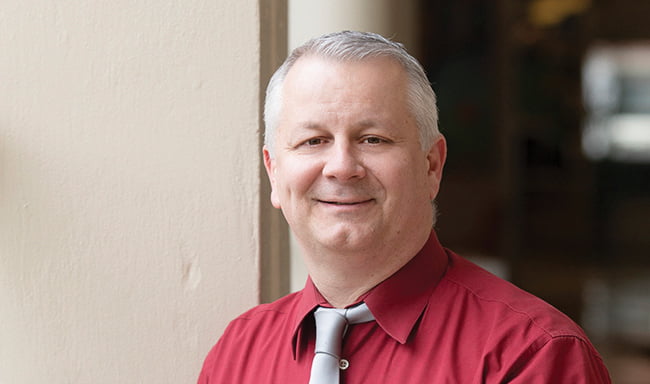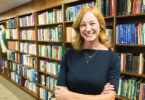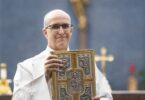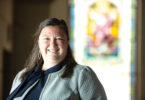
by Vince Cascone
“Why do you look at the speck of sawdust in your brother’s eye and pay no attention to the plank in your own eye? How can you say to your brother, ‘Let me take the speck out of your eye,’ when all the time there is a plank in your own eye? You hypocrite, first take the plank out of your own eye, and then you will see clearly to remove the speck from your brother’s eye.”
This passage from the Gospel of Matthew (7:3-5) highlights the temptation to look at others’ faults more quickly than we are willing to look at our own. I think this speaks to the importance of self-reflection. As Aristotle stated, “Knowing yourself is the beginning of all wisdom.”
In her book, “Insight: Why We’re Not as Self-Aware as We Think,” Tasha Eurich argues that people who know themselves share common traits: “There is strong scientific evidence that people who know themselves and how others see them are happier. They make smarter decisions. They have better personal and professional relationships.”
However, the problem with this is stated in the Book of Jeremiah when it says: “The heart is deceitful above all things and beyond cure. Who can understand it?” (17:9) We know our Creator is the one who truly knows us. He knows us better than we know ourselves. In fact, the goal of self-reflection is to see ourselves as God sees us and to ask for his wisdom and direction in our lives.
Just as it is of paramount importance for individuals to self-reflect, our schools need to do the same. We need to reflect on how we are educating our children, particularly as it relates to our faith and their relationship with Jesus.
Currently, each of our archdiocesan schools is accredited by the state of Kansas, as well as by Cognia. Cognia is an international educational agency that accredits over 40,000 institutions with over 18 million students in over 90 countries.
In their own words, Cognia has a “holistic approach to continuous improvement that encompasses accreditation and certification, assessment, professional learning and customized improvement services.”
We want our schools to be academically excellent. Our accreditation processes have shown that our schools are, indeed, excellent. That being said, we are continually looking at the accreditation process to make sure that we are, in fact, judging our schools on whether or not they help us to see ourselves as God sees us.
Unfortunately, these agencies focus solely on secular goals that are often not aligned with our faith and mission. Please pray for us as we examine how we can best reflect on the ministry of Catholic education within our schools.






